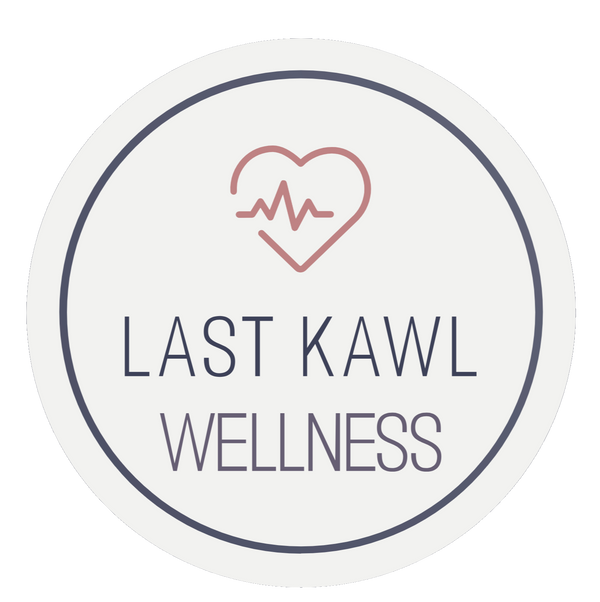Reiki has piqued global curiosity as a unique form of energy healing. At its core, Reiki centers on channeling universal energy through the practitioner directly to the recipient. While it’s yet to secure unanimous scientific endorsement, many of those who've undergone Reiki sessions vouch for its positive impacts.
Delving into Reiki's Essence Reiki originates from two Japanese terms: "rei", signifying universal, and "ki", denoting life energy. It's believed that energy can stagnate within our bodies due to physical or emotional traumas, possibly leading to illnesses. Reiki, akin to acupuncture, aims to rejuvenate this energy flow, promoting relaxation, healing acceleration, and alleviating various symptoms.
Reiki, in its current popular form, owes its development to Mikao Usui in 1922. But its practice dates back over two millennia, making it deeply rooted in ancient wellness traditions.
Experiencing Reiki Typically set in a tranquil environment, Reiki sessions can indeed occur anywhere that's comfortable for the client. The recipient remains fully clothed, either sitting or lying down. The practitioner lightly touches or positions their hands near certain body parts, sensing energy flow, which can sometimes be perceived as warmth or tingling.
Key Techniques in Reiki While diverse techniques exist in the realm of Reiki, some foundational ones include centering, clearing, and infusing. Some practitioners may integrate crystals to augment energy vibrations. However, our connection with Jinxton Darling, a seasoned Reiki master, emphasizes the purity of Reiki, asserting that it typically doesn't rely on external tools.
A Reiki session can span between 45 to 90 minutes, with the frequency of sessions tailored to individual needs.
The Perceived Benefits Practitioners often equate Reiki's energy, "ki", to the energy intertwined in tai chi. Many believe that while this energy isn't empirically quantifiable, it's palpably sensed by those in tune. Advocates claim Reiki can foster relaxation, bolster natural healing mechanisms, and nurture holistic well-being. Some even attest to its efficacy in alleviating conditions like anxiety, depression, chronic pain, and more. Nevertheless, it's imperative to perceive Reiki as a complementary therapy, not a standalone cure.
Reiki’s Efficacy: What Do Studies Say? The debate on Reiki's effectiveness remains. While some studies hint at its potential in diminishing pain and anxiety, a consensus on its concrete health benefits is still elusive. Notwithstanding, the testimonies of countless individuals who've experienced deep relaxation and stress alleviation post-Reiki cannot be overlooked.
Safety First The non-invasive nature of Reiki renders it safe. Those integrating it with other therapies usually report no adverse outcomes.
Experience Reiki with LAST KAWL Keen on delving into the world of Reiki? Join us for a private session with our master level Reiki expert, Jinxton Darling.
In Conclusion Reiki presents itself as a holistic energy therapy that seeks to harmonize the body's energy fields. While research is still catching up, countless personal narratives speak to its potential. As a complementary treatment, many have found solace, relaxation, and enhanced well-being through Reiki sessions.

